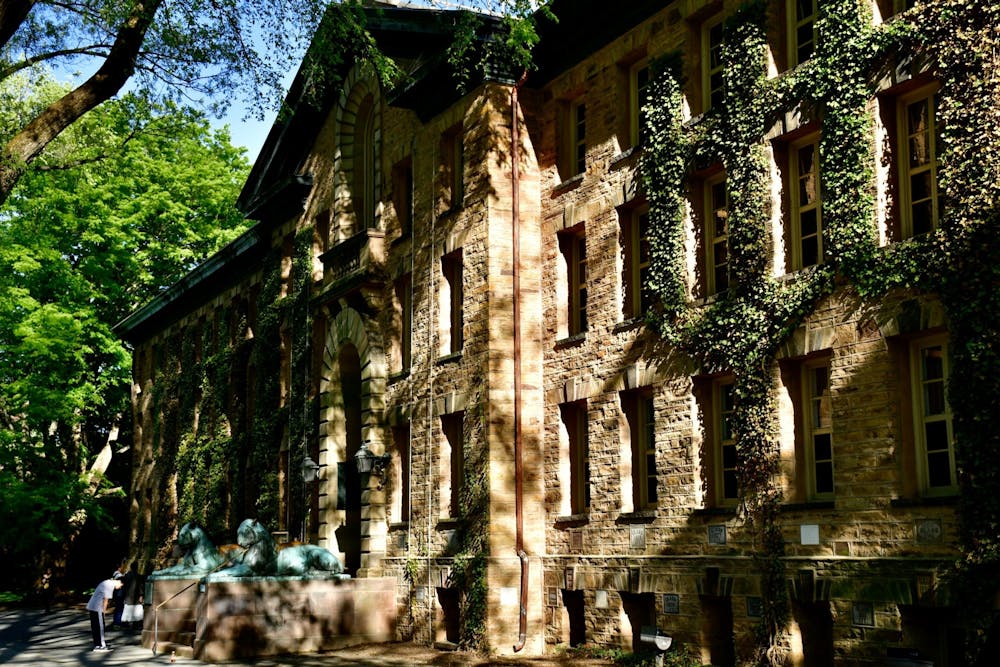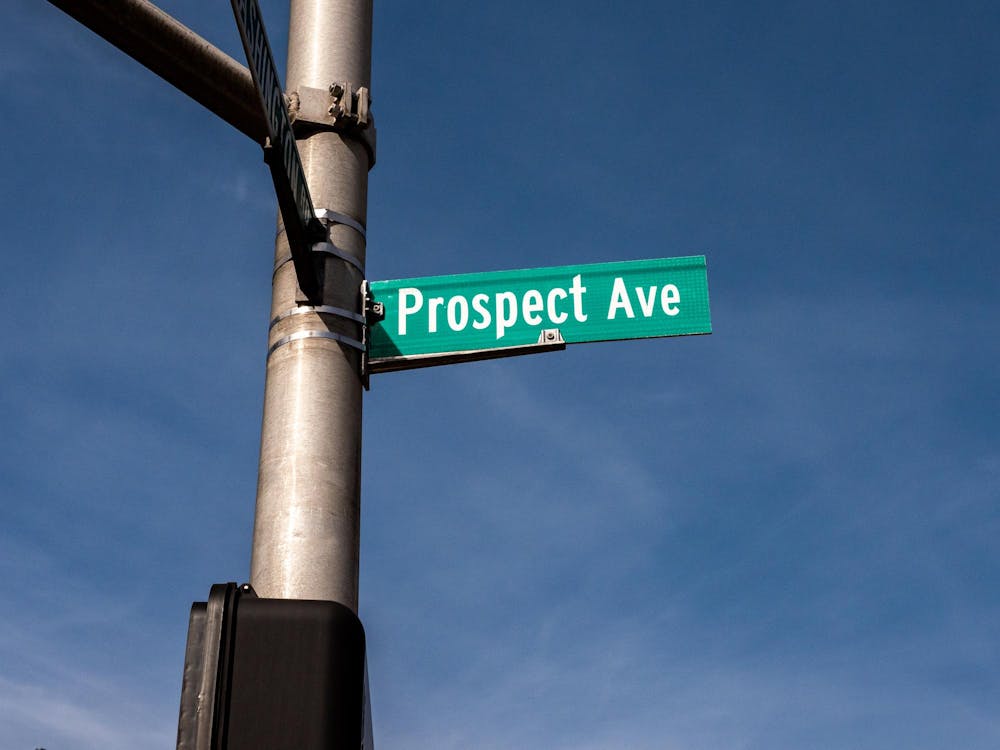White supremacy is literally wrong, a set of falsehoods about the inherent worth of Black people and other communities of color. It is a gross and willful misunderstanding of human history and culture. It is violent. It is deadly. When white supremacy masquerades as research and scholarship, it looks like eugenics, like phrenology, like the Tuskegee Study, like intelligence tests, like the Bell Curve, like the Troublesome Inheritance, like any number of white-washing histories of civilization, philosophy, religion, and literature that falsify arguments to the detriment of nonwhites. When these false premises are used to support or justify the discrimination against, or withholding of opportunities from, nonwhites, they become elements of a system of active injustice. In seeking to serve an obfuscated agenda, white supremacy defies standards of academic rigor. It forestalls debate and confuses the relationship between freedom and accountability.
This is why white supremacy is the opposite of “academic” and contrary to “freedom.” Yet time and again whenever white supremacy is challenged, or whenever white privilege (which is a subtler form of white supremacy) is questioned, people suddenly start talking about academic freedom. It’s here that we might clarify that our anti-racist work is primarily about, as Ijeoma Oluo says, “the safety, dignity and humanity of people of color,” not the comfort of white people as we go through this reparative process. In a country so embarrassingly incapable of acknowledging its history of racism and anti-Black terrorism, it strikes many of us as a curious indirection to talk about academic freedom when we speak of anti-racism. Such an indirection is an index of a peculiar discomfort, and thus deserves consideration of which principles are important, and for what reason, and to whom.
In response to President Eisgruber’s call for proposals for “anti-racist initiatives on campus,” we have published a comprehensive plan to move toward making Princeton an anti-racist institution. Hundreds of faculty have signed on to our proposals. Yet some have responded with concerns about academic freedom and have declined to sign this historic document, easily the most detailed blueprint for taking anti-racist action this institution has ever seen and probably will ever see. These concerns need addressing not because they are spiritedly antagonistic, but because they are abstract. Why? If these concerns were really about academic freedom, their authors would account for the fact that this University employs hundreds of researchers in virtually every possible field and, by necessity, must set forth rules of ethical research conduct.
In other words, to speak accurately and truthfully about academic freedom is to talk about research conduct, because research is the intellectual activity that gives meaning to the very term “academic.” In free speech, you can say most anything. In academic freedom, you can’t. It’s not anything goes, and it’s baffling that so many conflate “free speech” with “academic freedom” — because the University itself certainly doesn’t. It regards research to be a matter of faculty conduct and, where appropriate, disciplinary response: “Members of the Princeton community have a duty to foster a climate that encourages ethical conduct of scholarly research. They also have a responsibility to report if ever they encounter serious indications of misconduct in research.”
Where were the concerns about academic freedom when these words were circulated, and just why are we hearing about academic freedom now right when we propose anti-racist action? The University has long left behind those who think, as some still do, that faculty cannot be held accountable for their work.
So, is anti-Black research or anti-Latinx publication “ethical”? The University must pose this question. That’s why we propose, among dozens of other proposals, that a “faculty committee” seek to establish “guidelines on what counts as racist behavior, incidents, research, and publication.” Our University has some of the best faculty in the world to advise the administration in this work.
The University is also clear to describe as “misconduct” research that is, to take one example, “a threat to public health.” Perhaps what’s implied there is a policy recommendation based on intentionally falsified data that’s nonetheless implemented. Or perhaps it’s alluding to the fact that academic institutions worth their salt already have review boards evaluating the ethics of proposed research involving protected populations, with whom you just can’t do anything.
One point to make here is that racism is factually a “threat to public health.” There is widely available data documenting racial disparities in health care that have nothing to do with biology; the same is true for bigoted public policy around housing opportunities; and of course murderous policing, to name but a few examples of the mechanisms that deprive many Black people of safe and healthy long lives. Again, is anti-Black research conduct “ethical”? Can anti-Latinx conduct be called “research”?

We need to refine the current policy on research conduct so that there is clear systemic redress for misconduct against communities of color. That’s why we propose a “committee composed entirely of faculty that would oversee the investigation and discipline of racist behaviors, incidents, research, and publication on the part of faculty.” This is a matter of faculty governance and would include protocols for grievance and appeal.
At best, talk of academic freedom absent a thorough and honest account of ethical research conduct is grandstanding. At worst, it’s a tried and true way to sustain white privilege, uphold the culture of white supremacy, and remain comfortable while others take up the hard work of anti-racism.
Andrew Cole is a professor in the English Department. He can be reached at acole@princeton.edu.









